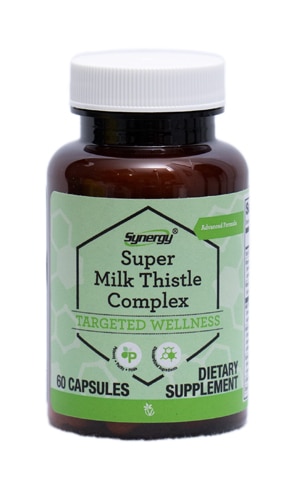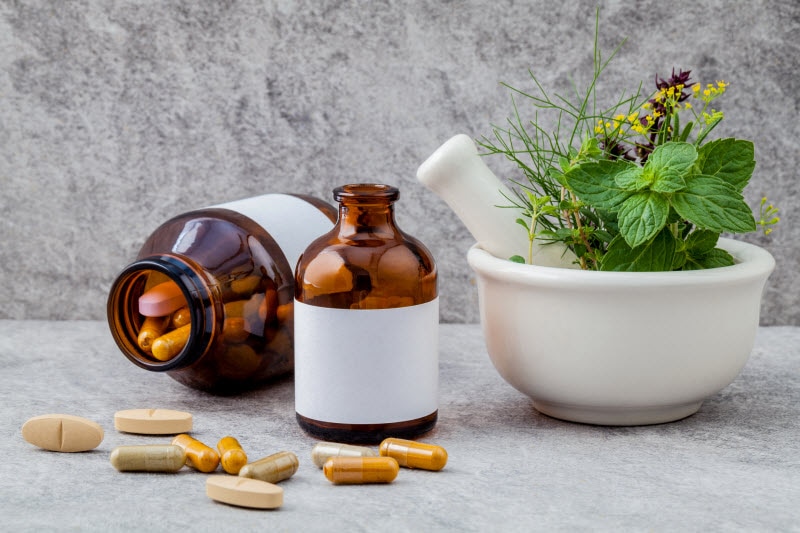Do you know the difference between an infusion and a decoction? If you don’t, this primer is here to help. For those immersed in the herb world, it’s easy to forget that some terminology isn’t commonly used or understood. Terms are thrown cavalierly about—but many of us never got the memo explaining what they mean.
For the uninitiated, this is for you: A handy primer of the basic terms used in herbal medicine.
Herbalism, as its often called, can include the use of whole plants or plant extracts in the form of foods, teas, powdered herbs, liquid extracts, incense, smudges and skin preparations. These preparations, along with the types of herbs themselves, have an impressive variety of names. Here’s a glossary for the most common.
Common Terms in Herbalism
Adaptogen: Herbs that improve the ability of the body to adapt to stress. They promote well-being, balance and health. Adaptogens help regulate or normalize organ and system function on a broad basis.
Adjuvant: Herbs which enhance a body’s response to a remedy. An adjuvant aids the action of other ingredients of a formula to encourage assimilation, balance energetic or other qualities, or catalyze the overall response.
Analgesic: A substance that relieves pain.
Anodynes: Herbs used to relieve pain.
Antiemetics: Herbs used to lessen nausea and prevent or relieve vomiting.
Aperient: Chiefly used to describe a mild laxative, aperients also encourage the appetite or digestion, typically preparing the digestive environment.
Astringents: Herbs that contract tissues, make them denser and firmer, and regulate body secretions. Astringents herbs tighten and tone the body.
Balsamic: Herbs that soothe and mitigate inflammation.
Carminative: The volatile oils in carminative plants support digestion and help prevent gas.
Compress: A cloth or gauze soaked in a liquid herbal preparation such as an infusion or decoction, and then applied externally to the skin/body.
Decoction: A concentrated water extraction of plant material made through boiling or simmering. A water extraction using a continuous heat supply, usually a long simmer (20-45 minutes). Typically used for denser plant parts such as roots, bark, seeds, berries and mushrooms. A decoction is more concentrated than an infusion, which is typically made by simply pouring boiling water over fresh or dried herbs.
Demulcent: An herb that creates a soothing film over a mucous membrane. If applied topically and used on the skin they are called emollients. Slippery elm, an herb used for sore throats, is an example of a demulcent.
Emetics: Herbs that induce vomiting.
Emmenagogue: Herbs that stimulate and regulate menstrual flow and help normalize hormonal levels, often through their action on the liver.
Expectorant: Herbs that loosen mucus so it can coughed up and expelled.
Herbal medicine: Herbal medicine, which has roots in ancient cultures, involves the medicinal use of plants to treat disease and support general health and well-being.
Hypnotics: Herbs that help support healthy sleep.
Infusion: A drink, remedy, or extract made by soaking the plant material in liquid (usually water). Infusions are recommended especially for flowers & leaves, whose volatile oils, vitamins and enzymes are easily extracted through being submerged in hot water.
Infused Oil: An oil into which qualities of an herb have been transferred by infusion over a length of time from hours to several weeks, sometimes by applying heat.
Maceration: Maceration means chopping or grinding the herb, putting it in a jar and covering with a solvent (usually a combination of alcohol and water). Let it sit for a month, then strain it out. The liquid leftover is the tincture, having extracted the active constituents of the plant.
Mucilage: A thick, gluey substance produced by nearly all plants, mucilaginous herbs tend to be demulcent.
Nervine: Herbs that specifically benefit the nervous system. Actions can vary: Some stimulate, some relax, some tone and strengthen.
Poultice: A soft, moist, mass of plant material applied topically to sores. The poulticed herbs are held in place with a cloth, leaf, bandage, or other suitable material.
Rubefacient: Promotes dilation of capillaries near the surface of the skin, causing the skin to redden. Stimulates circulation and relieves inflammation or congestion.
Salve: Semi-solid fatty herbal mixture typically applied externally. Common ingredients are primarily an oil and a wax, such as extra virgin olive oil infused with herbs and combined with melted beeswax.
Tincture: An extract of a plant made by soaking herbs in a dark place with a desired amount of either glycerine, alcohol or vinegar for two to six weeks. The liquid is strained from the plant material and then the herbal tincture is used therapeutically.
Tonic: Herbs that stimulate, energize and strengthen the body.




